Recent News
13 International Sea Cadets Visit BermudaThursday, July 10, 2014
The Bermuda Sea Cadet Corps is once again hosting its annual International Exchange programme, welcoming a group of senior cadets and their escort officers from the United Kingdom, Canada, and the United States.
Reef Watch survey reveals lack of marine predators
Wednesday, July 09, 2014
While Bermuda’s coral reefs are relatively healthy, there are concerns about a lack of fish such as grouper and snapper.
Making the case for parrot fish — and those plucky Costa Ricans
Wednesday, July 09, 2014
On Saturday I stepped back in time when I was taken to the Bermuda Aquarium Museum & Zoo by two of my children.
Island delights visiting students
Friday, July 04, 2014
The Atlantic Conservation Partnership (ACP) and the Bermuda Aquarium, Museum, and Zoo (BAMZ) recently hosted 12 students and two professors from a Florida college as part of their Coastal Environmental Science major study abroad course
Reef Watch 2014 Hailed A Marine Success
Thursday, July 03, 2014
On Saturday, June 28, the Bermuda Zoological Society [BZS], along with lead sponsor Hiscox, hosted the second annual Reef Watch Citizen Science initiative, which supports the work of the Bermuda Reef Ecosystem Analysis and Monitoring [BREAM] programme, led by chief scientist Dr. Thaddeus Murdoch.
About
GovernanceAbout Us
Newsletter
Latest News
Gift & Bookstore
Contact
General Inquiries
info@bzs.bm
Latest News
All the latest updates and news from the Bermuda Aquarium, Museum, and Zoo, one of Bermuda's leading visitor attractions!
Excerpt WILD News June 2018.
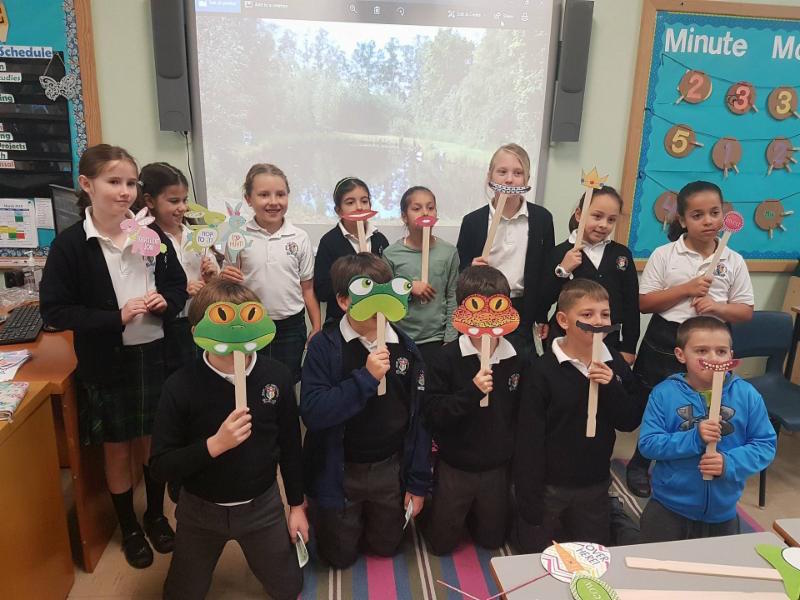
On Wednesday, 28th March the students of the two Mount Saint Agnes' grade 3 classes held their "TOAD-ally Terrific tag sale", a fundraising event for the Amphibian Project which is supported by the Bermuda Zoological Society (BZS). After the two-day event, the students were able to raise over $1,300 for the Amphibian Project.
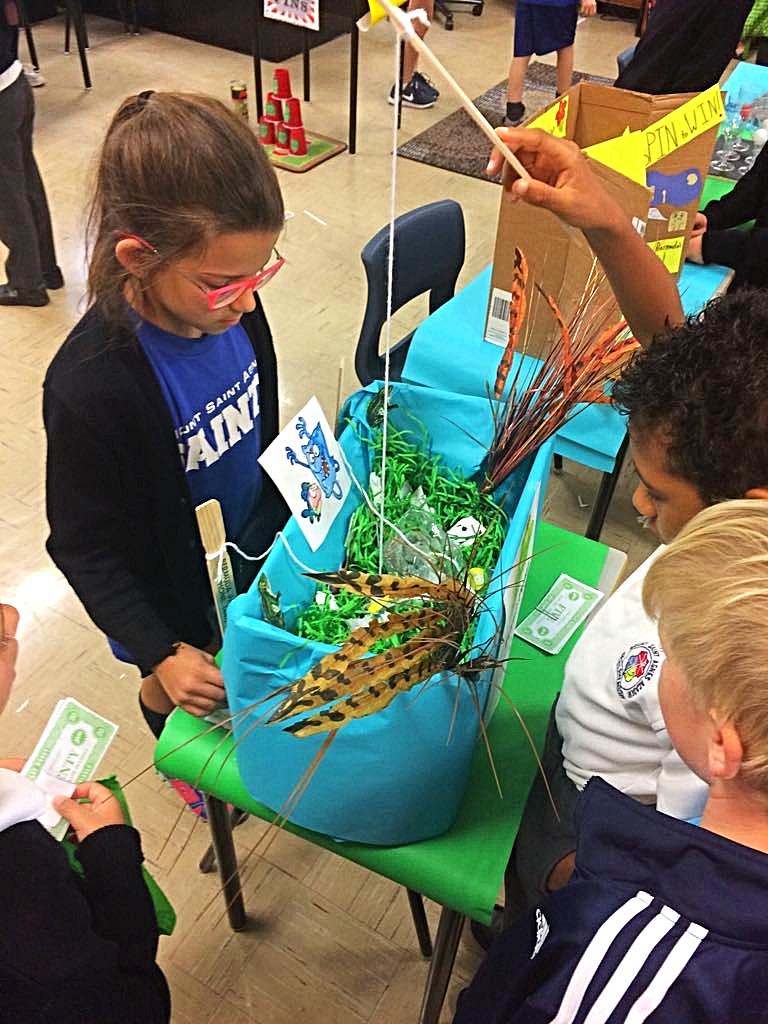
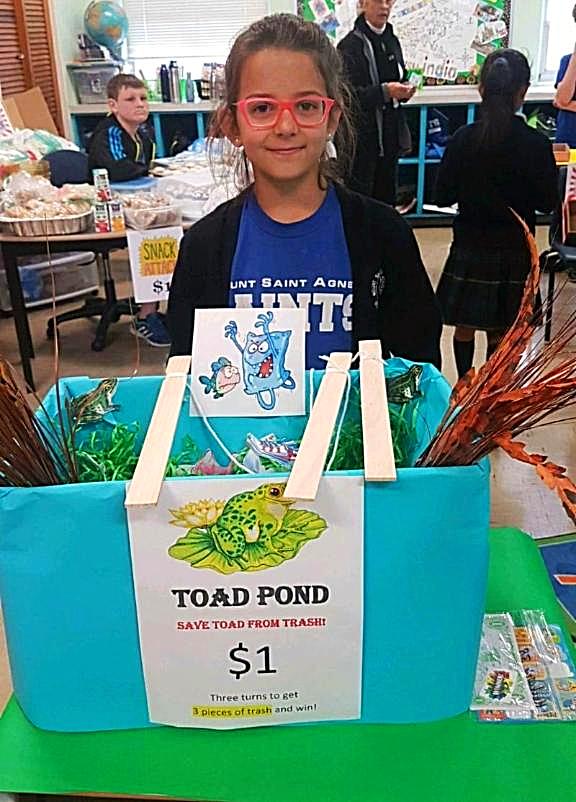
The students conceived the idea to have a tag sale after their visit to the Bermuda Aquarium, Museum and Zoo with BZS educator, Dr. Jamie Bacon. The class Dr. Bacon taught focused on the current conditions of the ponds in Bermuda; they learned that due to the pollution in the ponds, Bermuda's toads are becoming deformed. The students left the class in dismay, as they considered that if it could happen to the toads, then it could happen to them as well.
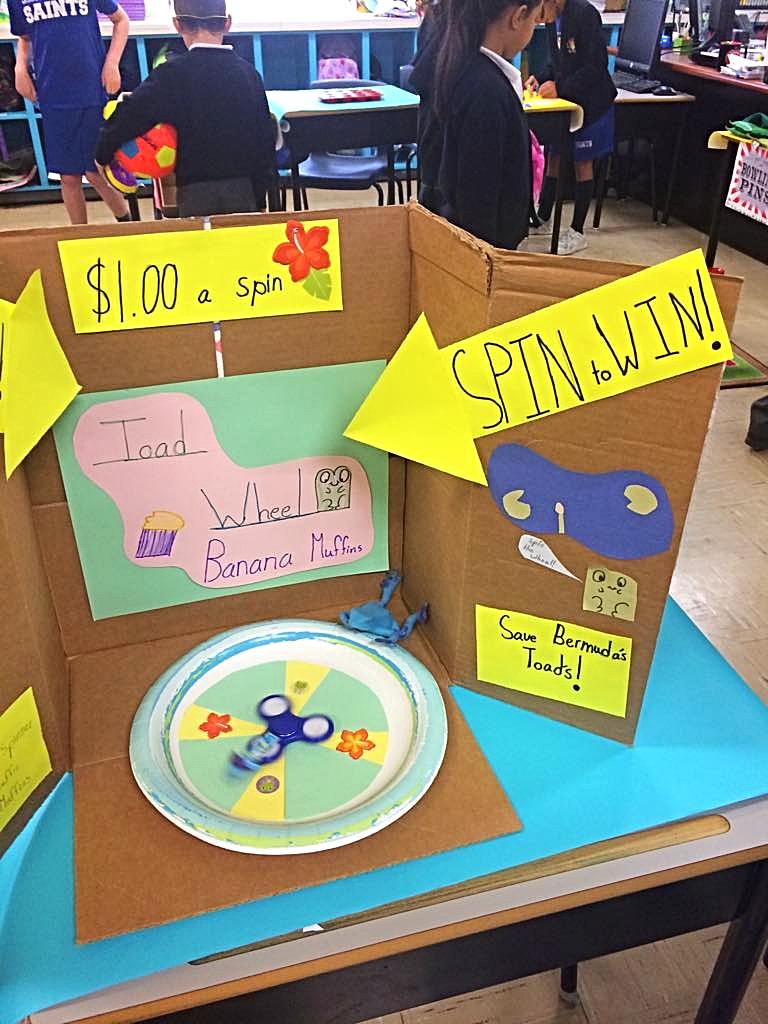
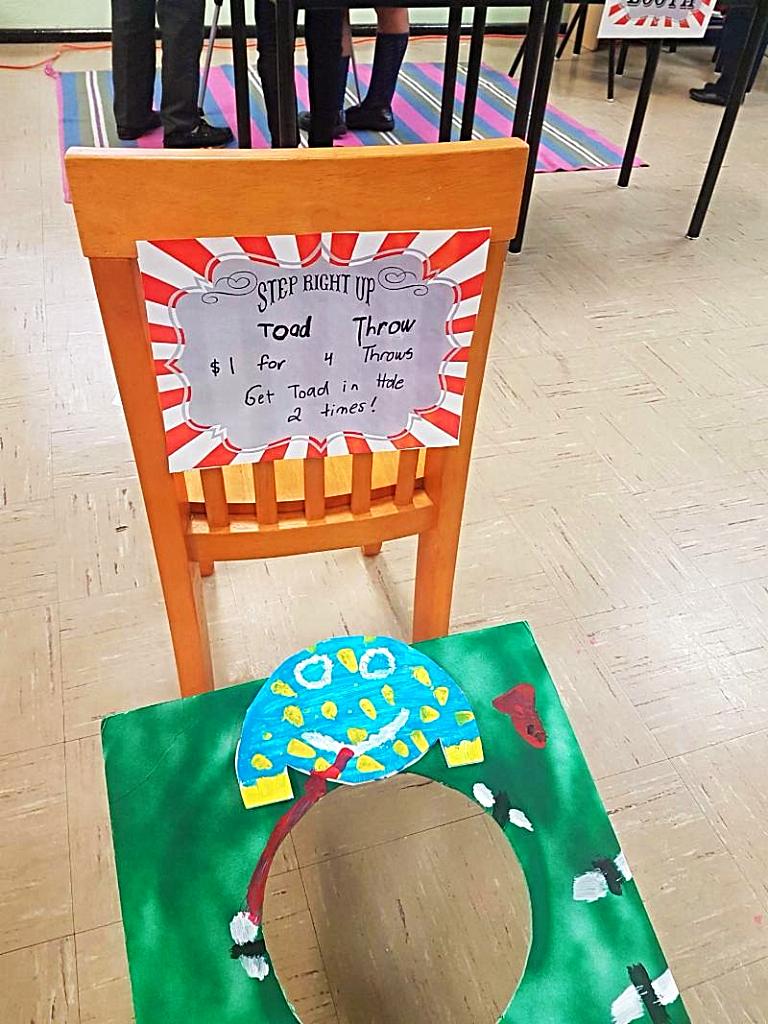
The students were very interested in what they could do to help the situation. Dr. Bacon explained that if machines were placed in the ponds, within a few months to a year the effects of the pollution and deformities of the toads could be reversed. The students decided that they wanted to raise money to contribute towards the purchase of the bubble machines, so with the encouragement and support of their teachers, Ms. Jennifer Chisnall and Ms. Mary Moulder, the students created the "TOAD-ally Terrific tag sale".
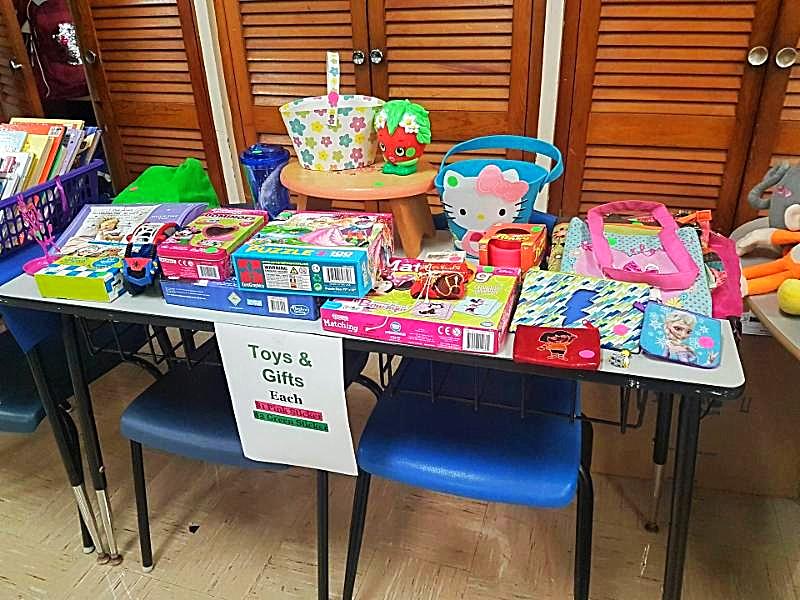
The day included a bake sale, photo booth, raffle, games and a sale of the students' own donated toys, games and books. These donated items were also used as prizes for the games the children designed. Each student spent time developing a toad-inspired game for other visiting classes to play, and some of the games were even created using recycled materials. There was toad bean bag throw, toad bingo, toad ball, toad pull, and even a game called toad pond, where you rescued a magnetized toad from the messy swamp.
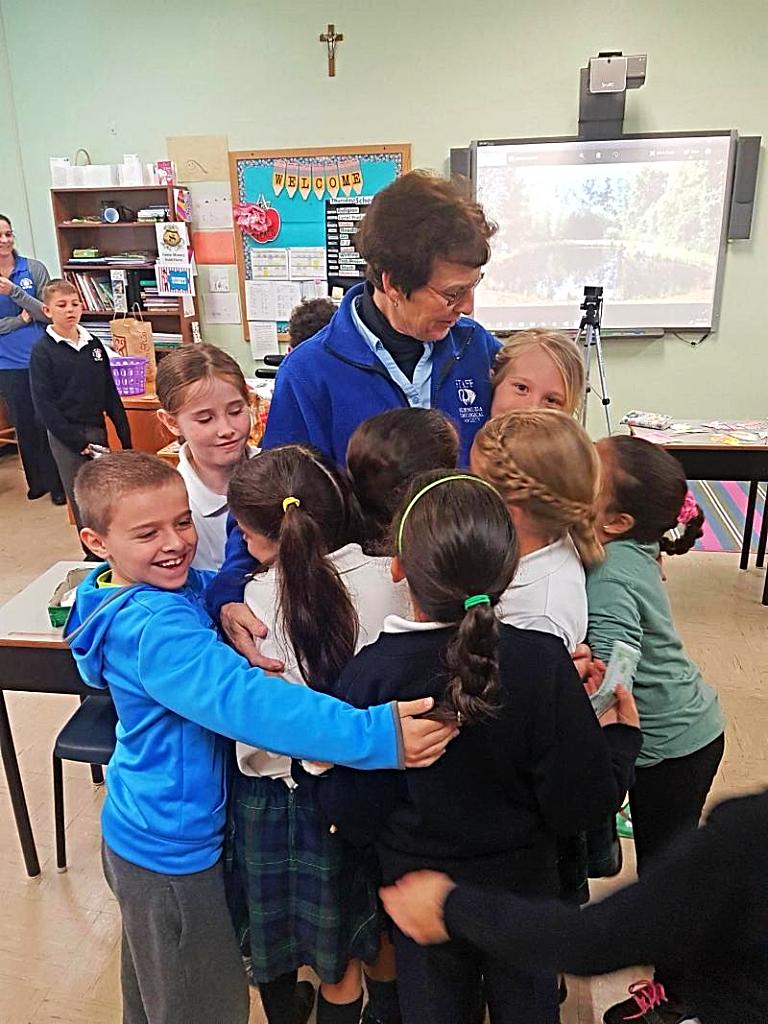
For the students, one of the highlights of the event was when Dr. Bacon came to visit the tag day! "I was amazed to see how inventive the children were in creating games to raise money for the Amphibian Project," said Dr. Bacon. "I sure enjoyed playing their games and very much appreciate their fundraising efforts. We will use their donation to determine if hydrocarbon-eating bacteria live in the polluted pond that our protected diamondback terrapins feed in and to help us clean up that pond."
Find this article on Bernews and The Royal Gazette


